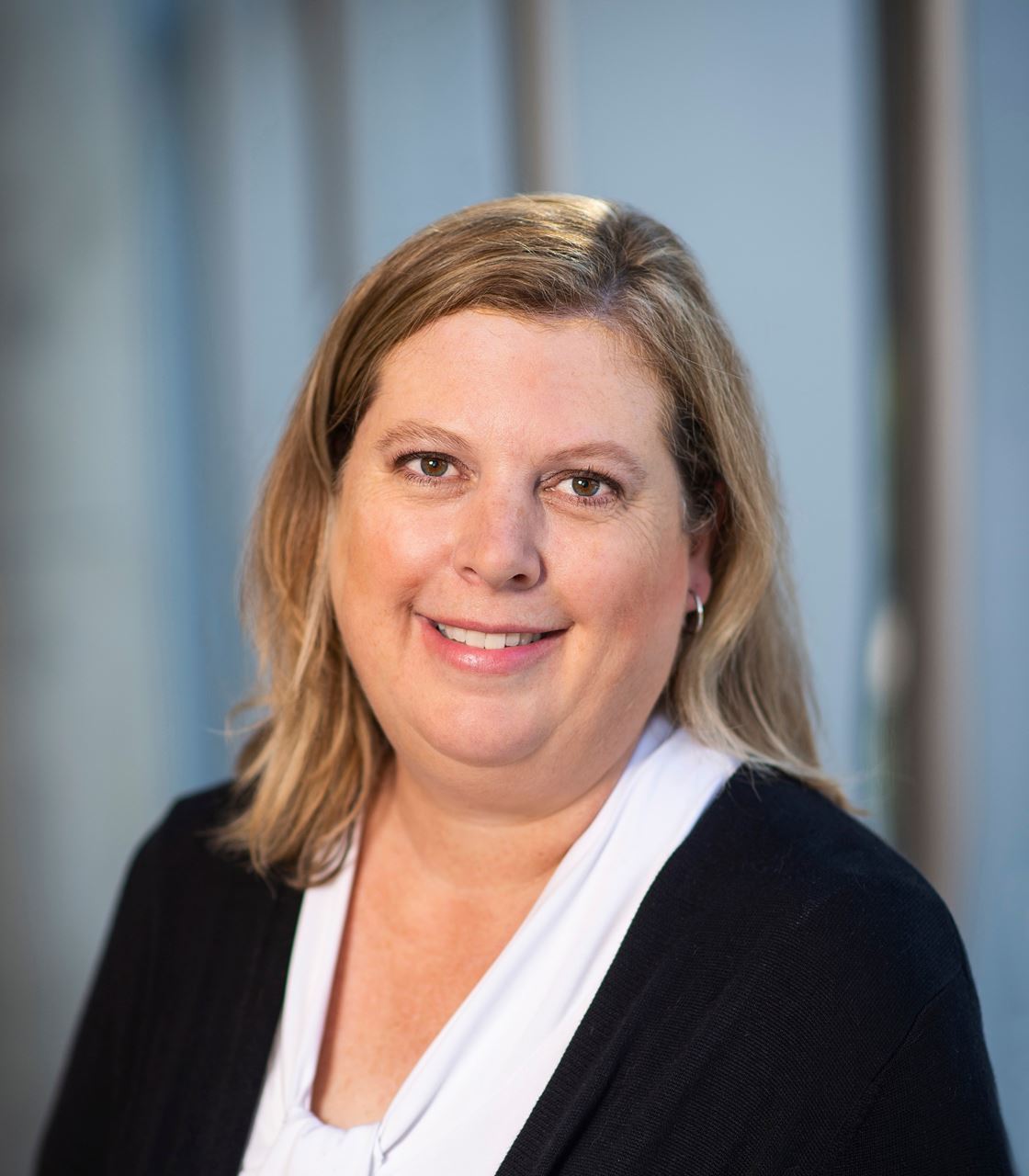 Written by Kristen Beckman
Written by Kristen Beckman
Current and past leaders of the Women’s Wireless Leadership Forum shared their thoughts and experiences about WWLF, women in the wireless industry, the importance of mentorship, and leadership advice during a panel at South Wireless Summit in Nashville. Amanda Cahill, President of WWLF, and Beth Martindale, Vice President, joined past presidents Carolyn Hardwick and Amelia DeJesus and past vice president Debra Mercier on the panel hosted by Carrie Charles, a WWLF executive director.
Cahill opened the panel by talking about the importance of WWLF and its programs geared toward helping women share industry knowledge, expand their network and advance their careers. “My involvement in WWLF has helped to shape the woman I am today,”Cahill said. “The community at WWLF truly helped me build confidence, especially early on in my career, and gave me the opportunity to shine in areas that I was really uncomfortable stepping into. I think that’s the beauty of an organization like WWLF. It was my first experience seeing the power of how mentorship and guidance and leadership from those who have done it can shape a person’s career and life and truly change the path you are on and open your eyes to things that maybe you didn’t even realize were possible.”
Cahill said one of the reasons she ran for president of WWLF was to give back to the organization from which she has gained so much. The other panelists also shared the value they’ve found in being involved with WWLF, including a strong network of women and men to learn from and lean on, programs that build confidence, and the power of connection.
For Martindale, WWLF has provided support and empowerment. “I didn’t know what WWLF was when I joined. I knew it was a women’s organization but didn’t know what it represented. Under Carolyn’s guidance, she explained it’s not just about women, it’s not just about empowering women, it’s about empowering anyone who feels like they are not represented.”
The panelists also reflected on the importance of women to the industry, especially in leadership roles.
“Studies have proven when there’s a more diverse work environment, companies have more productivity, more creativity and honestly they are more profitable,” said Hardwick. “I think at this point in history we can’t ignore diversity and inclusion. Not only do we have to have gender diversity, but we have to have diversity across all environments, all races, religions. What I’m seeing more of is as we have more young folks coming into the industry, they bring a new set of skills and they show us new ways to problem solve and think critically, so I think it’s a challenge and an opportunity to have a diverse work environment.”
Cahill noted that the more women are given opportunities in leadership roles in the industry, the more they are proving that they are capable of taking on those leadership responsibilities. She said one of her keys to successfully ascending to leadership roles was to watch people in positions that she wanted to be in and learn from the ways they interacted with people and executed their responsibilities.
All of the panelists highlighted the importance of mentors to their own careers, and they encouraged young women in the industry to look for mentors and ask for help. They also encouraged tenured members of the industry to seek out opportunities to share their knowledge and experience with newer members of the industry. There is value to be gained on both sides of the mentorship equation, they said.
"I was a lucky professional in the industry over the years,” said Mercier. “I found mentors and mentors found me. People became mentors and I didn’t ask them to be mentors. But you need to ask, and you need to put yourself out there and that’s what WWLF can do for you. We have a mentorship program. It’s about supporting one another, about bringing them up, making their circle of network stronger and being there for them even in the first steps of learning the industry.”
DeJesus recalled how a mentor changed her career trajectory with a single but important piece of advice.
“Once upon a time I was shy -- head down just working, and really invisible,” said DeJesus. “I did have a mentor -- a male -- remind me that I needed to be more visible. It was the best advice I ever had in my entire career because I realized that nobody knew who was getting the work done. You need to be visible. What I would tell folks is you need to really understand what you are seeking from mentorship, so identify how that mentorship is going to help you or what you want, then reach out to network and collaborate with folks in your network that can help tie you in with others with similar interests or can lead you in that direction that you would like to be.”
To hear more from the panel, visit WWLF at South Wireless Summit 2021 - YouTube.